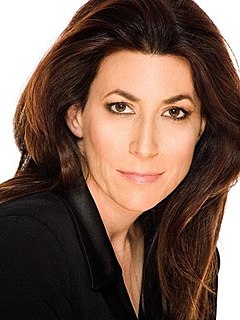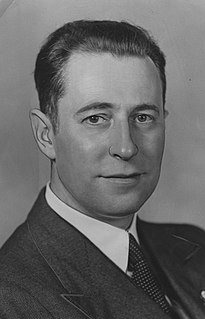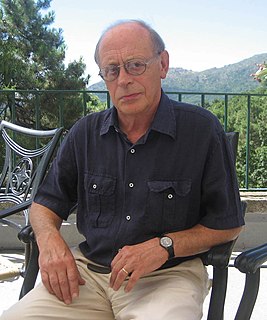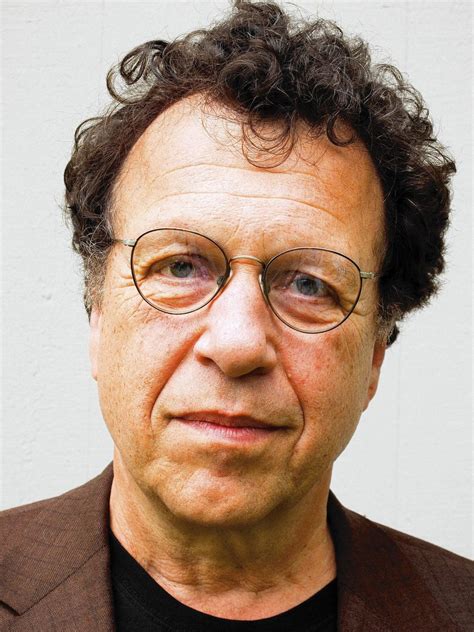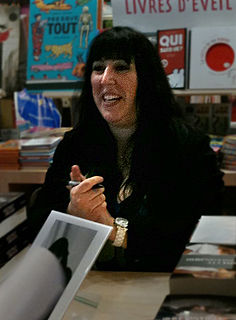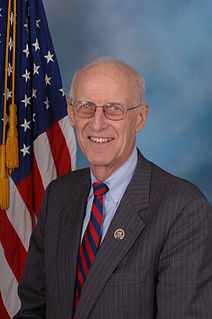A Quote by Tammy Bruce
What would be the difference if we retreated and let the French and Germans make decisions for the world? We tried that twice in the last century. Isolationsim, refusing to accept our role in the world, and delaying our response to evildoers ultimately cost fifty-three million lives in World War 2 alone. The preemption policy of the Bush administration, taking the war to the enemy and exporting democracy and freedom, has liberated fifty million.
Quote Topics
Accept
Administration
Alone
Bush
Bush Administration
Century
Cost
Decisions
Democracy
Difference
Enemy
Exporting
Fifty
Freedom
French
Germans
Last
Liberated
Lives
Make
Million
Our
Policy
Preemption
Refusing
Response
Role
Taking
Three
Tried
Twice
Ultimately
War
World
World War
World War 2
Would
Would Be
Related Quotes
In 1970, there were approximately 330,000 prisoners in the US. Today there are 2.3 million behind bars - more than any country in the history of the world. In 2009 alone there were 1.6 million drug-related arrests in the U.S. 1.3 million of these were for possession of drugs alone. Over half were related to marijuana. The forty-year war on drugs has cost $2.5 trillion.
...if we all turned down the thermostat in our house by just one degree, we would save over £650 million worth of energy and nearly nine million tonnes of carbon emissions every year. That would be the equivalent of taking three million cars off our roads...we can bring about a Green Consumer Revolution in this country to improve our lives, enrich our economy and protect our environment.
We're in the Chicago suburbs, ruling our 'hood and the streets that lead here. It's a street war, where other suburban gangs fight us for territory. Three blocks away are mansions and million-dollar houses. Right here, in the real world, the street war rages on. The people in the million-dollar houses don't even realize a battle is about to begin less than a half mile from their backyards.
When we first got married, we made a pact. It was this: In our life together, it was decided I would make all of the big decisions and my wife would make all of the little decisions. For fifty years, we have held true to that agreement. I believe that is the reason for the success in our marriage. However, the strange thing is that in fifty years, there hasn’t been one big decision.
The twentieth century had dispensed with the formal declaration of war and introduced the fifth column, sabotage, cold war, and war by proxy, but that was only the begining. Summit meetings for disarmament pursued mutual understanding and a balance of power but were also held to learn the strengths and weaknesses of the enemy. The world of the war-or-peace alternative became a world in which war was peace and peace war.
However, there is a fundamental difference between the issue related to Japan's history and our negotiations with China. What is it all about? The Japanese issue resulted from World War II and is stipulated in the international instruments on the outcomes of World War II, while our discussions on border issues with our Chinese counterparts have nothing to do with World War II or any other military conflicts. This is the first, or rather, I should say, the second point.
